
Facilitate investigation, prosecution and trial
The majority of National Assembly deputies in Group 14 agreed to promulgate the Law on Temporary Detention, Temporary Imprisonment and Prohibition from Leaving the Place of Residence; they said that expanding the scope of regulation compared to the current Law to add provisions on the implementation of preventive measures of prohibition from leaving the place of residence is necessary to overcome difficulties and obstacles in the implementation of this measure in practice.

National Assembly Deputy Phan Thi Nguyet Thu ( Ha Tinh ) stated that this amendment is completely appropriate and necessary in the context of reorganizing and streamlining the apparatus, implementing the 2-level local government model and not arranging district-level police. Temporary detention, temporary imprisonment and prohibition from leaving the place of residence are among the 3 preventive measures implemented by the prosecution agency, that is, during the investigation, prosecution and trial, the agencies will apply these measures to ensure that the subjects do not escape or cause difficulties for the agencies in the process of performing their duties.

However, through studying the draft Law, National Assembly member Tran Thi Kim Nhung (Quang Ninh) said that there are still some issues that are too specific and detailed and can be changed in practice. Therefore, the delegate suggested that only the regulations should be of a principle nature, and the rest should be assigned to sub-law documents to ensure compliance with practice.
Commenting on the draft Law, National Assembly Deputy Hoang Huu Chien (An Giang) suggested that it is necessary to clarify the difference between "transfer" and "extract" in the provisions on transferring detainees and prisoners (Article 20) and extracting detainees and prisoners (Article 21).

According to delegate Hoang Huu Chien, Article 20 stipulates the authority to transfer but does not clearly stipulate the conditions for transfer, while Article 21 has specific provisions on extraction. Thus, there is a difference between “transfer” and “extraction”. Therefore, further research is needed to distinguish more clearly between “transfer” and “extraction” to ensure ease of application in practice.

The commune-level police should be assigned to manage and monitor people subject to preventive measures prohibiting them from leaving their place of residence.
Regarding the duties and powers of the People's Committee at the commune level and the military unit assigned to manage and monitor people subject to the measure of preventing them from leaving their place of residence (Article 41), the draft Law stipulates: The People's Committee at the commune level manages and monitors people subject to the measure of preventing them from leaving their place of residence. The Chief of the Commune Police is directly responsible for assisting the People's Committee at the commune level in managing and monitoring people subject to the measure of preventing them from leaving their place of residence.

Delegate Phan Thi Nguyet Thu noticed that from Article 8 to Article 10 of the draft Law "some places stipulate the People's Committee at the commune level, some places do not". For example, Article 8 on the organizational system of the agency managing detention and applying the measure of prohibiting leaving the place of residence does not have the People's Committee at the commune level. Article 10 - duties and powers, also does not have the duties of the People's Committee at the commune level, only Article 9 records the organizational system of the management agency with the People's Committee at the commune level. Even Article 40 and Article 41 on the order of prohibiting leaving the place of residence or changing this order are not sent to the People's Committee at the commune level.
From the above analysis, delegate Phan Thi Nguyet Thu suggested considering whether it is necessary or not to stipulate that this matter is under the authority of the commune-level police, then the commune-level police will directly assign the task of implementing these orders, which would be more appropriate.
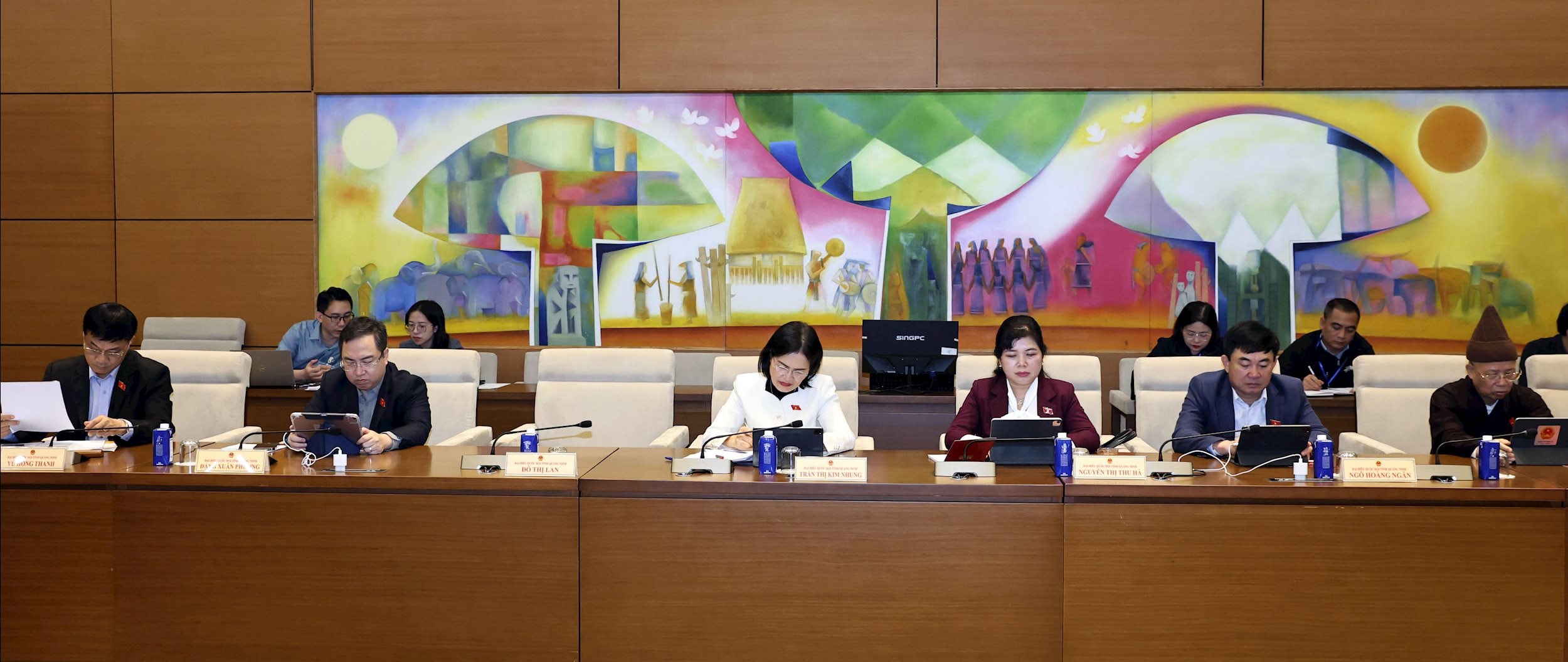
In fact, the police force is also responsible for organizing and monitoring these subjects from entry to exit. Adding the Commune People's Committee to manage subjects who are prohibited from leaving their place of residence, but the management does not receive entry or exit orders, will be very difficult to implement.
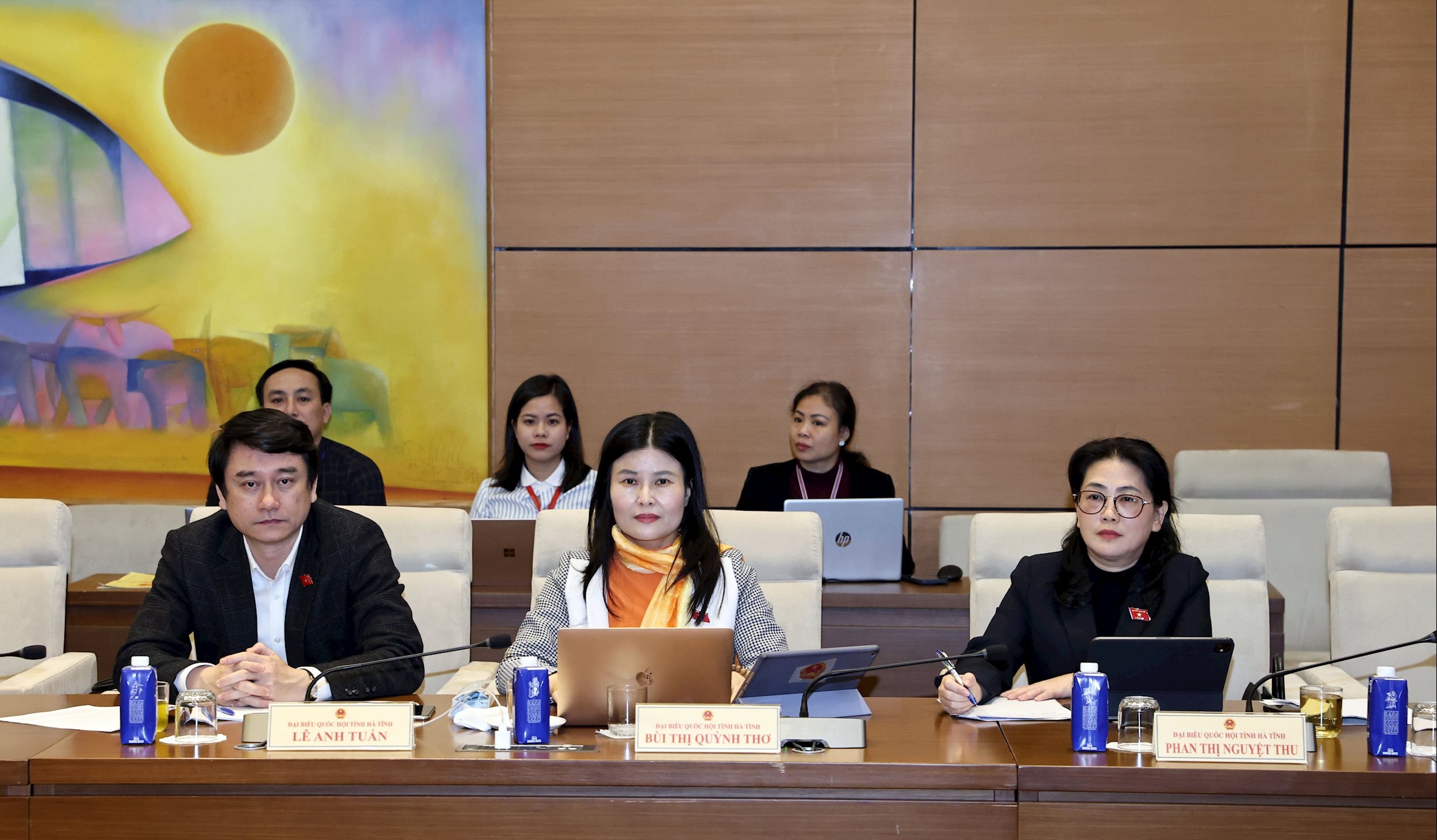
Sharing the same view, delegate Tran Thi Kim Nhung suggested that this task should be assigned directly to the regular Commune Police, a vertical agency. Assigning the general task of "management and monitoring" to the Commune People's Committee "often leads to inefficiency". Meanwhile, those who have to implement and enforce temporary detention, temporary custody and prohibition from leaving their place of residence also have certain characteristics.
Source: https://daibieunhandan.vn/can-nhac-nhiem-vu-cua-ubnd-cap-xa-trong-ap-dung-bien-phap-ngan-chan-cam-di-khoi-noi-cu-tru-10394311.html



![[Photo] Opening of the 14th Conference of the 13th Party Central Committee](https://vphoto.vietnam.vn/thumb/1200x675/vietnam/resource/IMAGE/2025/11/05/1762310995216_a5-bnd-5742-5255-jpg.webp)



![[Photo] Panorama of the Patriotic Emulation Congress of Nhan Dan Newspaper for the period 2025-2030](https://vphoto.vietnam.vn/thumb/1200x675/vietnam/resource/IMAGE/2025/11/04/1762252775462_ndo_br_dhthiduayeuncbaond-6125-jpg.webp)
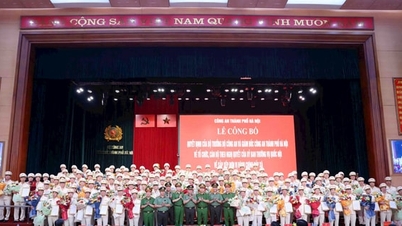








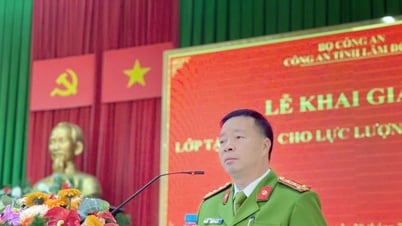



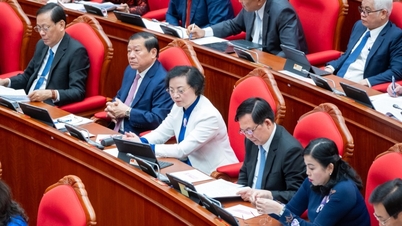

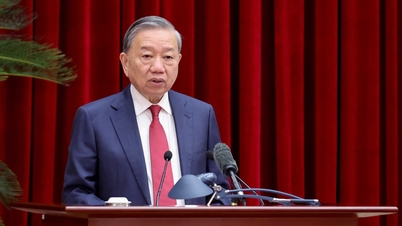
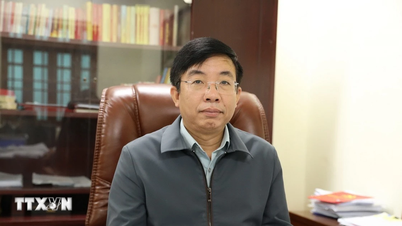


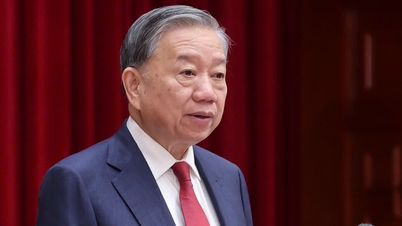





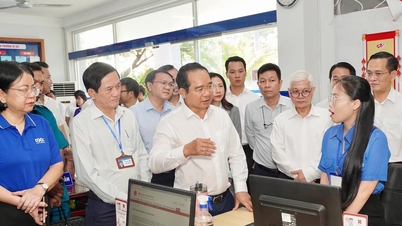


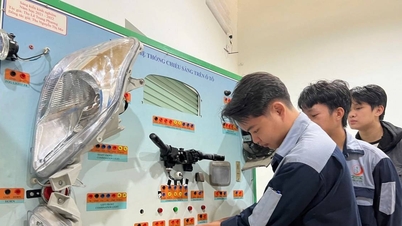
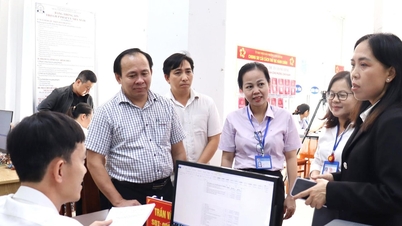


















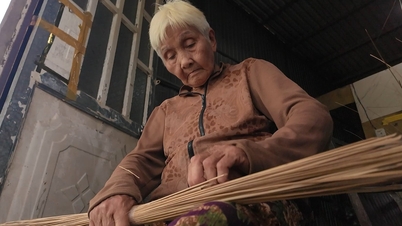













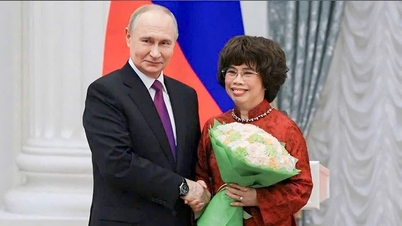



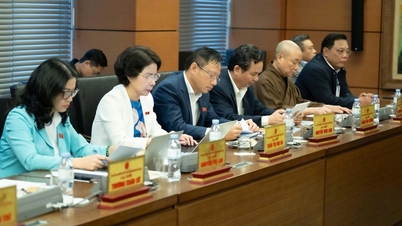



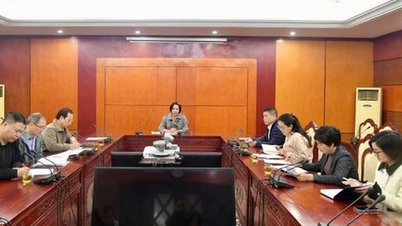

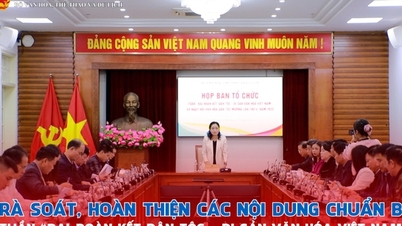
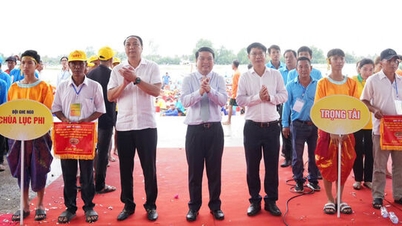





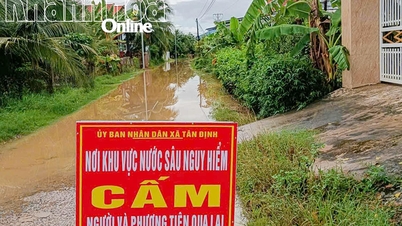















Comment (0)